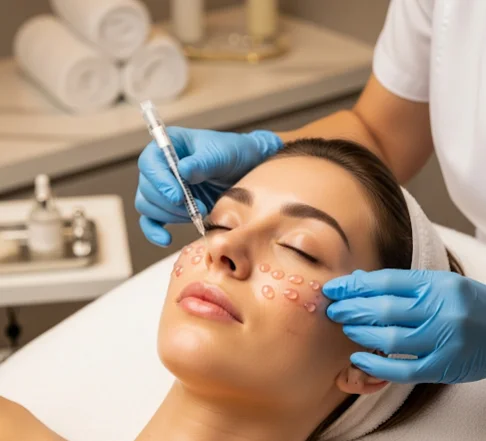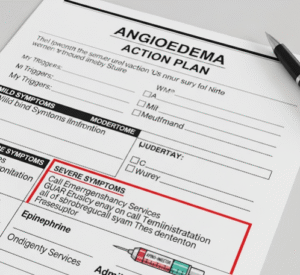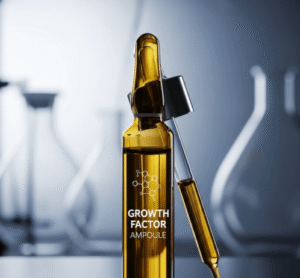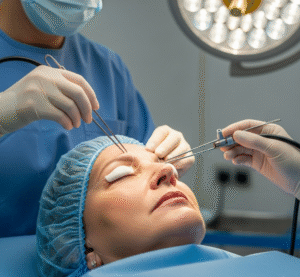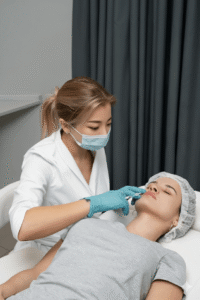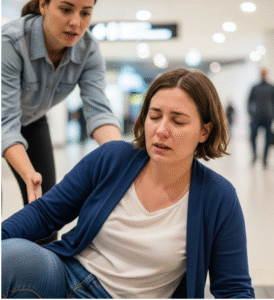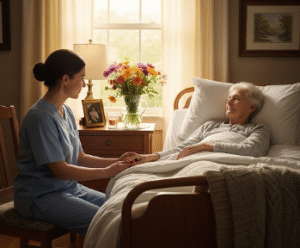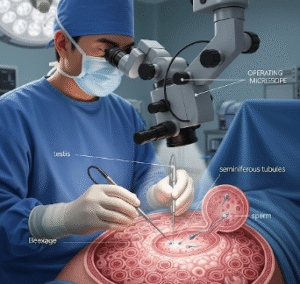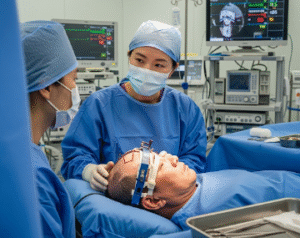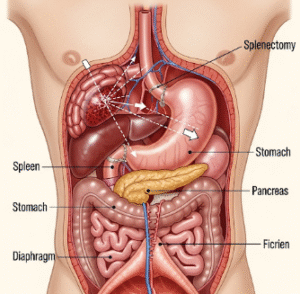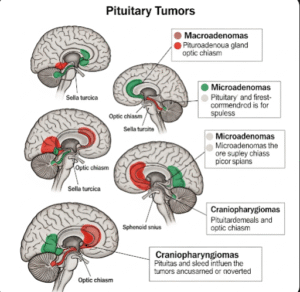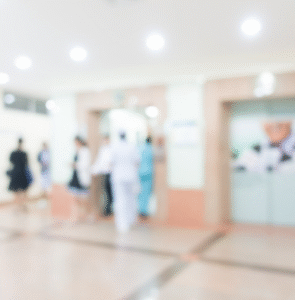What It Is
A Polynucleotide (PN) Facial is a regenerative skin treatment that uses polynucleotides — long-chain molecules derived from purified salmon DNA — to repair, hydrate, and rejuvenate the skin. PN therapy is also known as Rejuran Healer in Korea, one of the most popular injectable skin boosters.
Polynucleotides work by:
➝ Stimulating fibroblasts → Encourages collagen and elastin production.
➝ Repairing cellular damage → Enhances DNA repair mechanisms in skin cells.
➝ Improving hydration → Strengthens the extracellular matrix to retain moisture.
➝ Reducing inflammation → Calms redness and irritation, making it suitable for sensitive skin.
Unlike fillers that simply add volume, PN facials heal the skin at a cellular level, making it stronger, firmer, and more youthful over time. In Korea, it is considered a signature anti-aging and skin repair treatment, highly recommended for patients seeking natural results.
Why It’s Done
A Polynucleotide Facial is performed to treat both visible and underlying skin concerns:
➝ Fine lines and wrinkles → By promoting collagen, it softens aging signs.
➝ Acne scars and texture issues → Repairs damaged tissue and smooths uneven surfaces.
➝ Redness and sensitivity → Reduces inflammation in conditions like rosacea.
➝ Dry, dehydrated skin → Improves water retention and strengthens the barrier.
➝ Pigmentation and dullness → Boosts cellular turnover for brighter, more even skin.
➝ Preventative anti-aging → Commonly used in Korea by patients in their late 20s–30s to delay signs of aging.
In Korean skincare philosophy, “skin health before beauty” is a guiding principle. PN facials fit perfectly into this mindset, as they repair and rejuvenate from within, rather than just covering up imperfections.
Alternatives
While PN facials are highly effective, some alternatives include:
- Hyaluronic acid skin boosters (like Juvederm Volite or Restylane Vital) → Focus on hydration but less repair.
- PRP (Platelet-Rich Plasma) → Uses the patient’s own plasma for healing, but results vary.
- Exosome therapy → Delivers growth factors for cell communication and repair.
- Microneedling → Improves texture but doesn’t directly deliver regenerative molecules.
- Chemical peels → Good for surface rejuvenation but not deep repair.
In Korea, PN facials are often combined with HA boosters, exosomes, or microneedling to achieve synergistic effects.
Preparation
Proper preparation ensures safety and maximum effectiveness:
➝ Skin assessment → Korean clinics use 3D scanners to evaluate elasticity and texture.
➝ Medical history → Patients disclose allergies, medications, and skin conditions.
➝ Avoid irritants → Retinoids, acids, and harsh exfoliants should be stopped 5–7 days before.
➝ No alcohol or smoking → At least 48 hours before treatment.
➝ Sun protection → Avoid sunburn or tanning before the procedure.
➝ Numbing cream prep → Since PN is injected, clinics prepare the skin with numbing cream for comfort.
How It’s Done
The PN facial involves injections and supportive therapy:
- Cleansing & numbing → The skin is cleansed, and a numbing cream is applied for 20–30 minutes.
- Injection process → Polynucleotides are injected into the dermis using fine needles or a meso-gun device.
- Tiny blebs appear on the skin initially but settle within 24–48 hours.
- Soothing therapy → Cooling masks, LED red-light therapy, or cryotherapy are applied to calm skin.
- Post-care serums → Hydration and repair creams are applied.
Treatment plan:
- Initial sessions → 3–4 treatments spaced 3–4 weeks apart.
- Maintenance → 1–2 sessions per year for long-lasting results.
Recovery
Recovery is short and manageable compared to invasive treatments:
- Immediately after → Small injection bumps (“mosquito-bite look”), redness, or mild swelling.
- Day 2–3 → Most bumps flatten; skin may feel slightly dry.
- Week 1 → Skin feels smoother, firmer, and more hydrated.
- Month 1–3 → Progressive improvement in elasticity, brightness, and reduced wrinkles.
Aftercare:
➝ Avoid makeup for 24 hours.
➝ Apply SPF 50+ sunscreen daily.
➝ Use soothing moisturizers.
➝ Avoid saunas, alcohol, and strenuous workouts for 48 hours.
Korean dermatology clinics often provide recovery packs, including sheet masks, soothing gels, and sunscreen samples, to ensure the best results.
Complications
PN facials are considered safe, but possible side effects include:
➝ Redness and swelling → Temporary, usually gone in 1–3 days.
➝ Bruising → Mild bruising at injection sites.
➝ Small nodules → Rare, but resolve with massage or naturally.
➝ Allergic reaction → Very rare, as salmon-derived PNs are purified for safety.
➝ Infection → Extremely rare if sterile technique is maintained.
Korean clinics minimize risks with sterile environments, precise injection techniques, and premium PN products like Rejuran.
Treatment Options in Korea
Korea offers some of the most advanced PN facial programs, often tailored to individual skin needs.
1. Popular PN Products
- Rejuran Healer → The original and most famous PN injectable, widely used across Korea.
- Rejuran S → Targeted for acne scars.
- Rejuran I → Designed for under-eye rejuvenation.
- Rejuran HB → Combines PN with hyaluronic acid for added hydration.
2. Combination Programs
- PN + HA Boosters → Combines repair and deep hydration.
- PN + Exosomes → Strong regenerative synergy.
- PN + Microneedling/Lasers → Enhances absorption and skin remodeling.
3. Cost & Accessibility
- Rejuran facial: ~$250–400 per session.
- PN + HA hybrid: ~$300–500 per session.
- Full programs: Clinics often sell discounted packages (3–4 sessions).
4. Preventative use in Korea
- PN facials are popular among patients in their late 20s and 30s.
- Many undergo the treatment not because of severe aging signs, but to preserve skin health and elasticity.
5. Medical tourism
- Korean dermatology clinics cater to international clients, offering English-speaking staff, customized packages, and aftercare support.
Final Thoughts
Polynucleotide Facial in Korea has earned a reputation as a gold standard for skin repair and rejuvenation. Unlike treatments that only hydrate or volumize, PN therapy heals the skin at its foundation, improving elasticity, texture, and radiance from within.
With Korea’s emphasis on natural-looking results and preventative skincare, PN facials are a cornerstone of the modern K-beauty approach. Whether you’re dealing with scars, aging signs, or simply want to maintain youthful skin, this treatment offers a safe, effective, and scientifically backed solution.

